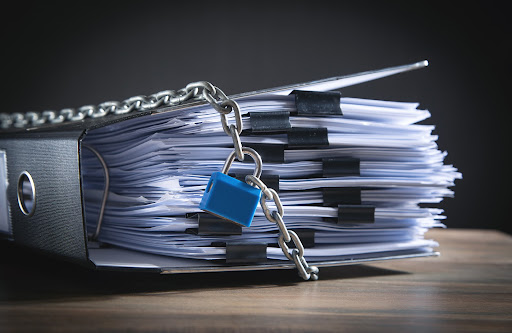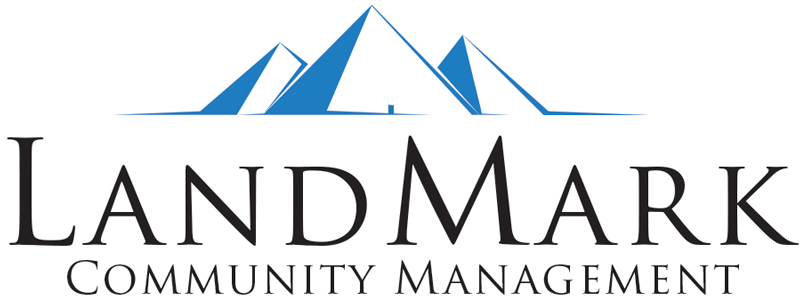Board members serve as the faces of an association, which means they are also exposed to several HOA legal issues. Understanding what these legal issues are is the first step in helping protect the board from liability.
What Are HOA Legal Issues?
Legal issues are lawsuits arising from complaints or problems from homeowners. Board members are at risk of facing these legal issues because they essentially function as the leaders of the community. When a homeowner is dissatisfied with a decision or how the community is being managed, they blame the board.
Of course, that is not to say that the HOA board is completely faultless all the time. Boards must ensure HOA legal compliance by adhering to federal and state laws as well as the association’s governing documents. When the board acts out of line or goes against these documents, it is exposed to liability.
Common Legal Compliance Issues for HOAs
Homeowners tend to sue their association and board for almost anything. They can have a small disagreement with the board and immediately threaten legal action. That said, some legal issues are more common than others.
Here are the most common homeowners association legal issues an HOA board may face.
1. Breach of Fiduciary Duty
Board members have certain fiduciary duties to the association. These are the duty of care, the duty of loyalty, and the duty to act within the scope of their authority.
Homeowners can take legal action when the HOA board violates its fiduciary duty. For example, it is not unheard of for a homeowner to sue the HOA board for failing to conduct proper research on a vendor prior to hiring them. Another example is when a board fines an owner for a violation but neither state laws nor the HOA’s governing documents grant the board with such an authority.
2. Selective Enforcement
Board members have a responsibility to enforce the rules consistently and fairly. That means applying the same enforcement rules and procedures to all homeowners, including themselves.
Unfortunately, too many board members let their personal feelings and vendettas get in the way. A board member might accuse a neighbor of violating the rules and slap them with a fine simply because they dislike them. That is a surefire way to get into legal trouble.
Another form of selective enforcement is when an HOA board enforces a rule arbitrarily. That applies to everyone if the rules say that no fences can be over 5 feet. A board cannot choose to enforce this rule one day and ignore it the next.
3. Unreasonable Fines
Whether or not an HOA has the authority to levy fines depends on state laws and the governing documents. In Texas, associations must refer to their CC&Rs and bylaws to see if they can fine homeowners for violations. Associations must also notify homeowners in writing via certified mail before imposing the fine.
While some HOAs may be restricted to a certain amount, most are only allowed to impose “reasonable” fines. Because of differing interpretations, some homeowners may feel they are being fined unreasonably. This usually leads to disputes or legal action.
4. Noncompliance With Procedures
Homeowners associations must follow a number of procedures according to state laws and their governing documents. These procedures apply to disciplinary actions, board meetings, notices, amendments, and more.
For example, Texas law requires HOAs to allow owners to request a hearing after a violation notice. An association’s governing documents also typically stipulate the frequency of board meetings and notice requirements. Amendments, on the other hand, often require approval from the membership.
If an HOA board fails to comply with proper procedures, it may render its decision null and void. Furthermore, homeowners may sue the association for noncompliance.
5. Refusal of Records Inspection

In most states, homeowners have a right to inspect association records. This is to maintain transparency and accountability in the community. It also helps keep homeowners informed and involved.
However, an HOA board that refuses a member’s valid request to view association records may find itself in hot water. While some disputes are eventually resolved without legal action, others escalate to court.
6. Discrimination
Homeowners associations must comply with the federal Fair Housing Act as well as state-level fair housing laws. Homeowners can file a complaint with HUD or their state agency if an HOA violates fair housing laws. Furthermore, homeowners can file a lawsuit against the association.
7. Noncompliance With Laws
Aside from fair housing laws, there are other laws that HOAs must follow. These can range from federal laws, such as the OTARD Rule and the Freedom to Display the American Flag Act, to state laws that govern homeowners associations and condominiums. Failure to comply with these laws can expose the association to liability.
How to Avoid HOA Legal Issues
While an HOA can’t force an owner to drop a lawsuit, there are some things board members can do to avoid running into legal problems in the first place.
Here are some tips to help prevent legal issues:
- Understand and comply with state laws and governing documents.
- Always act within the best interests of the association as a whole.
- Enforce the rules consistently and fairly.
- Know the rights of homeowners and ensure those rights are upheld.
- Never act in a discriminatory manner.
- Seek the help of trained professionals to advise you, such as lawyers and HOA management companies.
Are Board Members Personally Liable?
When homeowners take legal action, they usually target and personally name the HOA board members. This is because it is far easier to direct their dissatisfaction to an enemy with a tangible image. As such, board members may find themselves involved in lawsuits.
Can a court hold board members personally liable?
Both state laws and an HOA’s governing documents have protections that limit board members’ personal liability. Some indemnification provisions even require the HOA to reimburse board members for any expenses related to their service. After all, if board members are constantly the target of HOA legal issues, then no homeowner would be willing to volunteer as one.
Insurance also plays an important role. Having adequate D&O insurance can greatly limit the financial burden on the board and the HOA. As such, updating your D&O policy regularly and ensuring sufficient coverage is important.
However, there are exceptions to indemnifications, whether at the state level or through the governing documents. A court may rule a board member personally liable if they act in gross negligence or willful misconduct.
Not All Lawsuits Can Be Avoided
Clearly, there are several HOA legal issues that board members must watch out for. An HOA board can avoid these issues by dutifully abiding by state laws and their governing documents. However, some homeowners may still sue the board on baseless claims.
Landmark Community Management can help HOAs and condos with legal issues. Call us today at 512-569-5527 or contact us online to learn more!


